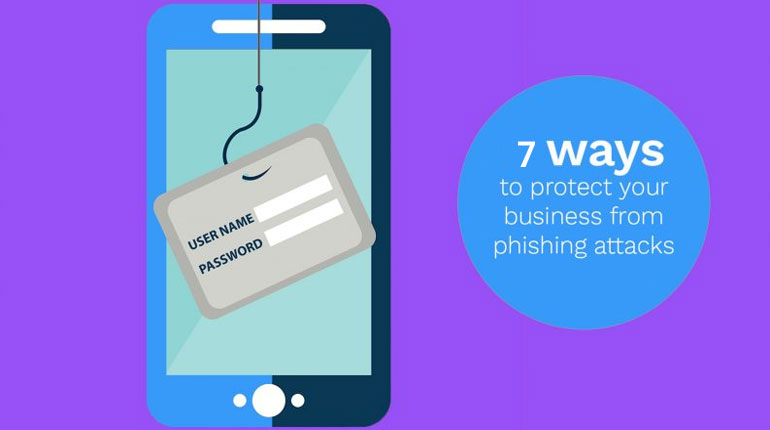
Cloud contact centers have become the cornerstone of efficient customer support and engagement. These centers harness the power of cloud technology to provide seamless communication between businesses and their customers. However, as companies increasingly rely on cloud contact center solutions to manage customer interactions, the security and privacy of customer data have come under scrutiny. This article delves into the best practices for ensuring the security of customer data and privacy in cloud contact centers.
Implementing Strong Access Controls
One of the fundamental steps in safeguarding customer data is to implement robust access controls. Only authorised personnel should have access to sensitive customer information. Cloud contact centers should employ multi-factor authentication, role-based access controls, and regular access audits to ensure that data is accessed only by those who need it to perform their jobs.
Encrypting Data in Transit and at Rest
Encrypting data is a cornerstone of data security. Data should be encrypted both in transit and at rest within the cloud contact center infrastructure. Transport Layer Security (TLS) protocols should be used to secure data while it’s being transmitted, and robust encryption algorithms should be employed to protect data stored on servers. Encryption ensures that even if data is intercepted or breached, it remains indecipherable to unauthorised parties.
Regularly Updating and Patching Systems
Cloud contact center providers often release software updates and security patches to address vulnerabilities and enhance system security. Regularly updating and patching your systems is crucial to protect against potential threats. Ignoring updates can leave your contact center susceptible to known vulnerabilities that malicious actors can use.
Compliance with Data Protection Regulations
Compliance with data protection regulations is non-negotiable. These regulations impose strict requirements on how customer data should be handled, including obtaining explicit consent for data collection, providing transparency in data processing, and allowing customers to request their data’s deletion. Cloud contact centers must stay informed about and follow these regulations to avoid legal consequences.
Regular Employee Training and Awareness
Human error continues to be a prominent factor contributing to data breaches. To mitigate this risk, cloud contact centers should invest in regular employee training and awareness programs. Employees should be educated about the importance of data privacy, the risks of data breaches, and best practices for handling customer data securely. By fostering a culture of data security, companies can significantly reduce the likelihood of data mishandling.
Data Retention Policies
Not all customer data is essential or should be retained indefinitely. Implementing data retention policies helps ensure that data is retained only for as long as necessary. By regularly purging unnecessary data, cloud contact centers can reduce the potential impact of a data breach and improve overall data management efficiency.
Regular Security Audits and Penetration Testing
Security is an ever-evolving field, and threats are constantly evolving. To stay ahead of potential risks, cloud contact centers should conduct regular security audits and penetration testing. These assessments can identify vulnerabilities and weaknesses in your security infrastructure, allowing you to address them before malicious actors can exploit them.
Incident Response Plan
Despite all precautions, no system is entirely immune to security incidents. This plan should outline the steps to be taken in case of a data breach, including notifying affected parties, conducting a thorough investigation, and implementing remediation measures promptly.
Conclusion
The protection of customer data and privacy is paramount in cloud contact center solutions. By incorporating the recommended strategies mentioned earlier, companies can not only protect confidential customer data but also establish confidence and credibility with their clientele. Data breaches are a constant threat, and prioritising data security is not just a good practice – it’s a necessity for any organisation that values its customers and their trust.




